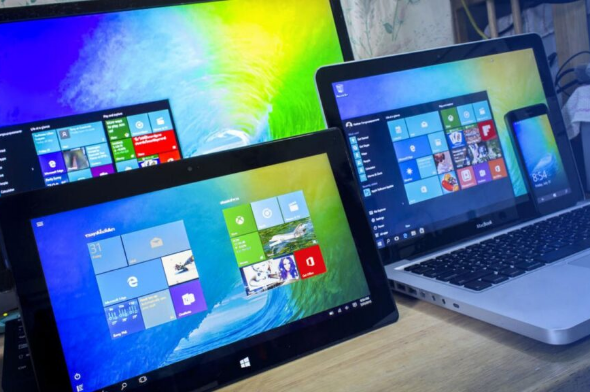Connection to DriversCloud Create a DriversCloud.com account Reset your DriversCloud.com password Account migration
Microsoft announces a follow-up program for Windows 10 beyond October 2025
An update extension program that won't be free of charge, however.
The information may come as a surprise, but it doesn't appear to be a figment of the imagination, as the source quoted by Zac Bowden for Windows Central is nothing less than Microsoft itself. The Redmond-based firm seems intent on forcing the hand of users who are content with Windows 10 and therefore don't want to move on to the next version, Windows 11, which Microsoft officially launched on October 5, 2021, but which - two years after its release - still hasn't managed to supplant its ancestor.
As you may know, Microsoft plans to end support for Windows 10 on October 14, 2025, in just under two years' time. As of this date, it will no longer be possible to benefit from updates for the operating system that Microsoft wants to get rid of, and to make sure that this date is well marked in people's minds, Microsoft is announcing the implementation of an " extended support updates " (ESU) or " programme d'extension des mises à jour" in good French.
To put it simply, since some users seem to be stubbornly refusing to make the switch to Windows 11, and many even have the idea of pressuring Microsoft to continue monitoring Windows 10 beyond 10/14/25, the Redmond-based company is specifying that, yes, it will be possible to benefit from additional updates for another three years after the fateful date... but that to do so, you'll have to put your hand in the wallet! We don't yet have any details on the cost of this program, but it's worth remembering that the ESU isn't exactly a novelty: Microsoft had already introduced it with Windows 7, but at the time it was only aimed at businesses and professionals. Now, the ESU applies to all Windows 10 users, even home users.
Some will see it as a helping hand for users too accustomed to their Windows 10, while others will see it above all as a way of making a bit of money on the backs of those "refuseniks" who don't want to switch to Windows 11. You be the judge...






